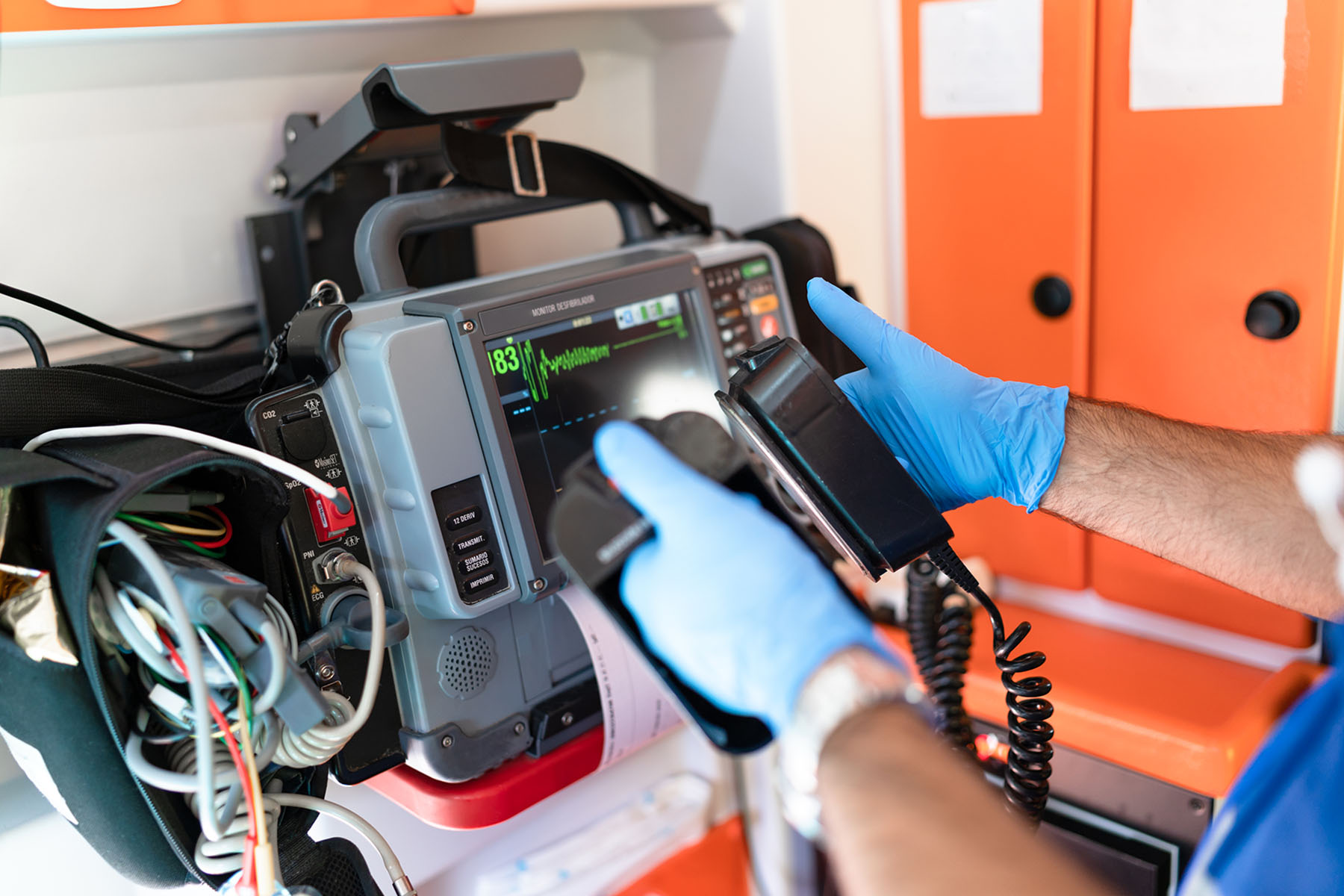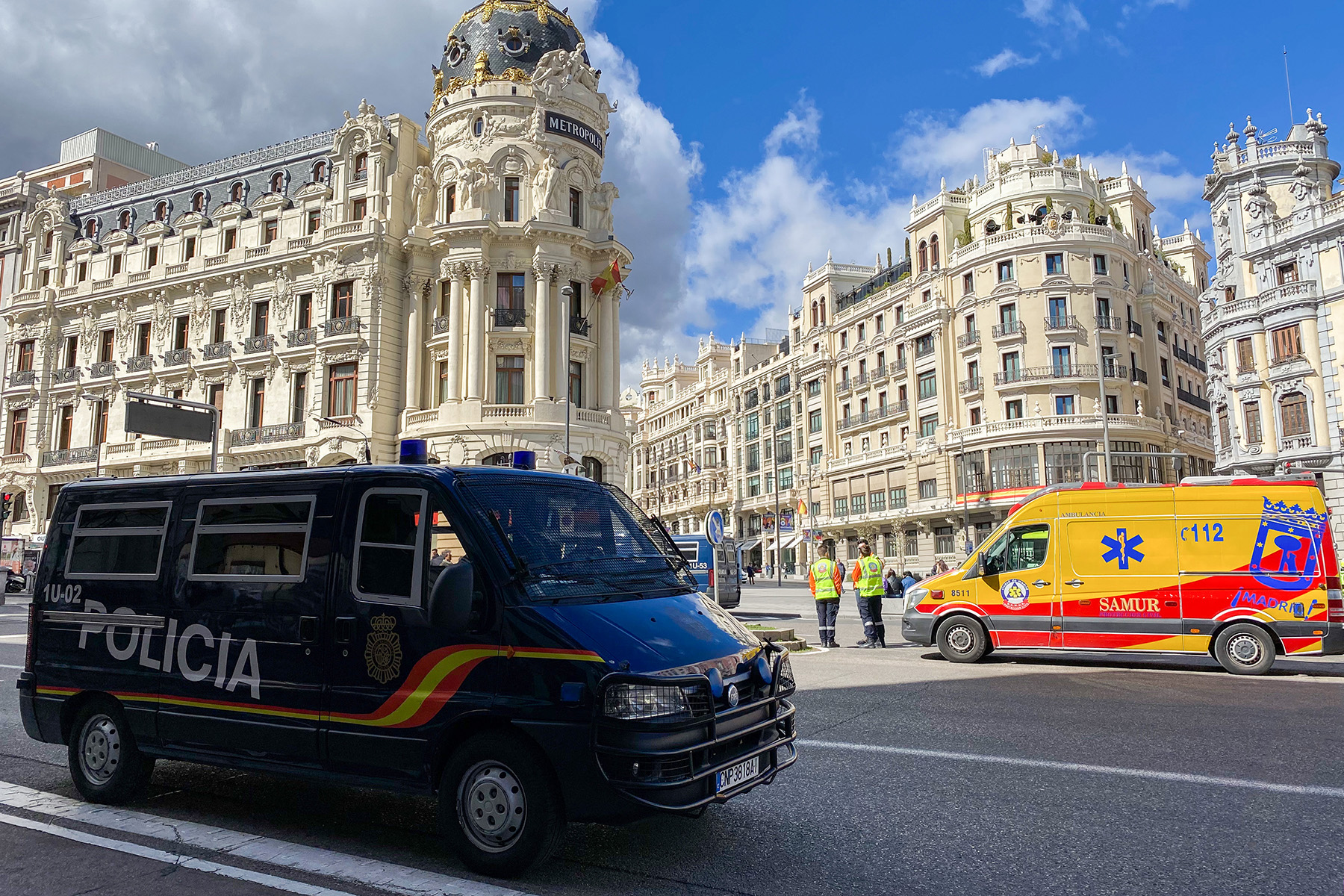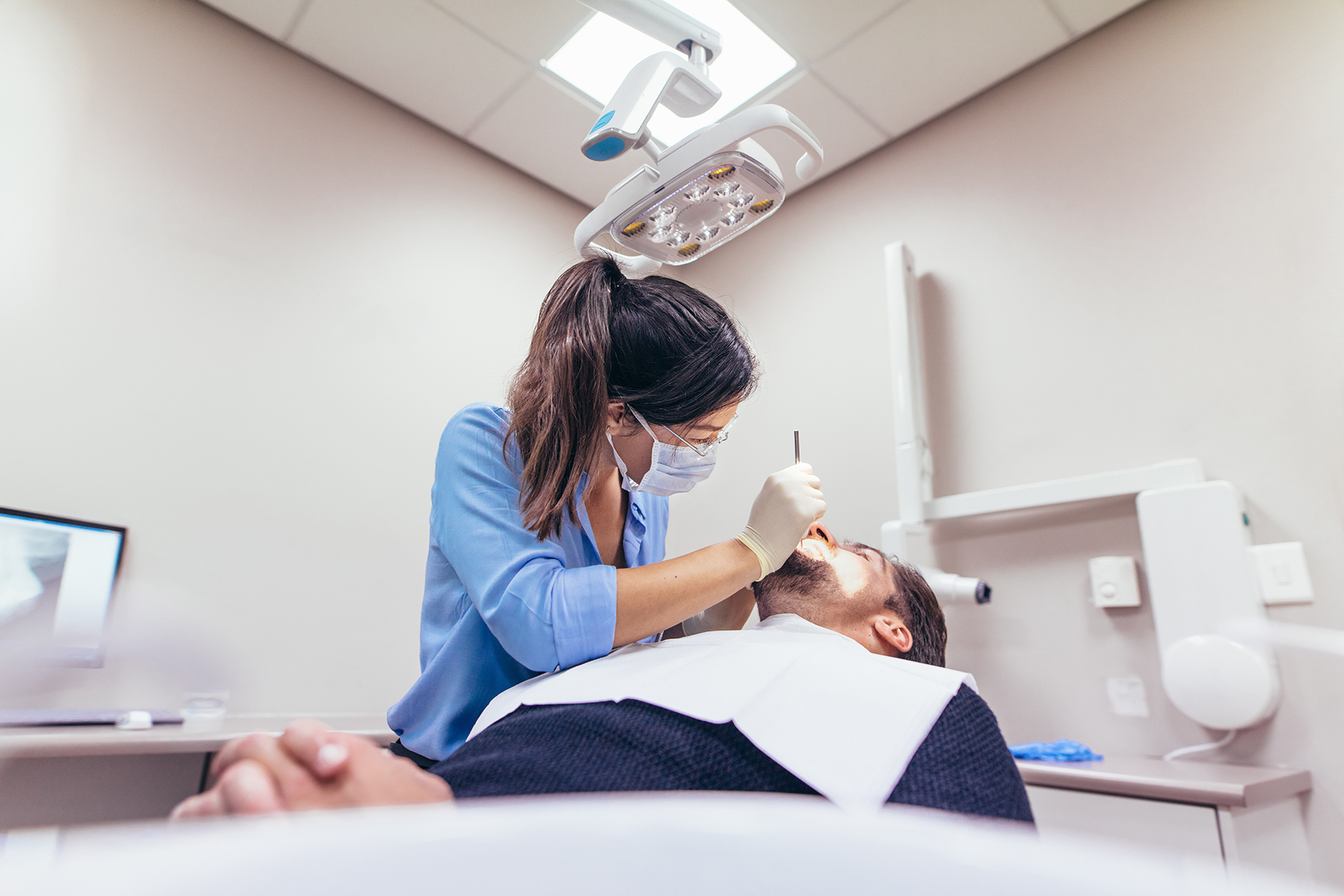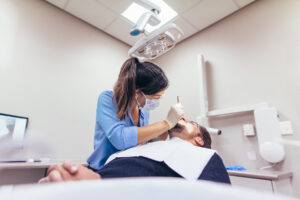From the first checkup to the last vaccine, Spain’s healthcare system offers consistent support for growing families. Routine appointments, dental care, developmental screenings, and mental health services are all part of the package, often at no cost for parents.
We’ll help you make the most of a system designed to keep kids well by diving into the following:
Cigna Global
Enjoy peace of mind while living in Spain with Cigna Global’s long-term international health insurance plans (12+ months). Get tailored coverage, direct billing with many providers, complex case management, and global care on demand, with access to a network of 1.5+ million doctors, specialists, and therapists.
Children’s healthcare in Spain
Spain’s healthcare system offers broad and universal coverage, including when it comes to children. During pregnancy, regular check-ups are covered by statutory health insurance, including basic screenings and at least three ultrasound exams.
From birth, children receive regular checkups through the Children’s Health Program (Programa de Salud Infantil – PSI), which includes routine health and development reviews, screenings, and vaccinations. These examinations continue through early childhood and adolescence.

A pediatrician is typically the first point of contact for medical concerns. They can provide treatment directly or refer your child to a specialist when needed.
Local authorities also offer a range of family and child support services, including parenting advice, mental health resources, and early help for developmental or behavioural concerns. The structure and delivery of these services can vary between autonomous communities, but they generally follow national frameworks set by the Ministry of Health (Ministerio de Sanidad) and regional child protection laws.
Is healthcare for children free in Spain?
Yes, healthcare for children in Spain is free, as long as their parents or guardians are registered with Spanish social security or a private health insurer.
In the public system, families don’t pay any additional monthly premiums or deductibles for their kids. Once the child turns 18, they must take out their own health insurance and start paying the associated fees. If the family relies on private health insurance, their child’s policy may come with extra fees.
Insurers providing global healthcare coverage in Spain include:
If you’re unsure which family health insurance policy is right for you, you can use a comparison website, such as SaludOnNet, to quickly check your options.
Financial support for children’s healthcare costs
With public healthcare, parents don’t pay insurance premiums for children. However, they do have to pay their own insurance contributions based on their income. These can be quite costly; in 2025, the contribution rate is around 6.48% of the gross income.

Low-income families can apply for a monthly Children’s Aid Supplement (Complemento de Ayuda a la Infancia – CAPI) from the Spanish government. Depending on your child’s age, you can get €57.50–115 per month per child (2024).
Spain is also pushing to include a new Universal Child Benefit (UCB) in the 2025 budget, which will support parents with an additional €200 per month. However, as of the writing of this article (July 2025), this measure has not yet been implemented.
For more information on childcare benefits, check out our article on childcare in Spain.
How to access children’s healthcare in Spain
After signing up for social security or taking out private health insurance, you must register your child with their local health center (centro de salud) or pediatric center (pediatría de atención primaria). In the public system, you’re assigned one close to your home (though you can request a change). Of course, with private insurance, you are free to choose whichever pediatrician you prefer.
Pediatricians handle basic medical complaints, conduct routine tests, and coordinate follow-up treatments until the age of 14–15 (or even 16 in some areas). If need be, they can refer you to a specialist.
For medical issues outside regular opening hours, you can contact the on-call services (médico de guardia) on the regional health hotline. Availability varies; typical hours are from 15:00–20:00 or 22:00, Monday to Friday. In rural or smaller towns, doctors on duty can work all night as well (22:00–08:00). During weekends, on-call services are available from 08:00–20:00, though some are open 24/7.
How to get treatment as a non-resident in Spain
Our article on health insurance for Spanish visas covers the topic in more detail, but as a quick summary:
- Temporary visitors from the EU and EFTA (Iceland, Liechtenstein, Norway, and Switzerland), including children, can use their European Health Insurance Card (EHIC) to access healthcare in Spain
- UK nationals can access healthcare through their Global Health Insurance Card (GHIC)
- Citizens from elsewhere must take out a short-term international health insurance policy to cover their stay in Spain
- Long-term residents (people staying for more than 90 days) must have Spanish health coverage

For non-life-threatening injuries (like a bump to the head, but your child is conscious and alert), you can call a local GP or an out-of-hours doctors’ service. Even if you aren’t a resident, many regions allow short-term visitors to contact them for medical advice or an appointment.
In life-threatening emergencies (e.g., your child bumped their head and is unconscious or vomiting), call 061 or 112 for an ambulance. The EMTs can assess the situation and take you to the nearest hospital emergency room.
Non-resident patients must pay any costs upfront and claim reimbursement afterward through their EHIC/GHIC or travel insurance. Ambulance rides in Spain are free in emergency situations, so this won’t result in additional costs.
Overview of children’s doctors in Spain
Pediatricians and specialists in Spain
In Spain, it’s common for pediatricians (pediatra) to provide care for children aged 0–15 (or 16 in some areas). After that, the care and diagnostics will be transferred to their GP.
If you or your child’s doctor notices anything irregular, they may refer you to a specialist. These usually work in hospitals or other health centers, depending on their specialty. For example, Spain has a wide network of Child Development and Early Care Centers (Centros de Desarrollo Infantil y Atención Temprana – CDIAT) that treat children with or are at risk of developmental delays and disabilities.
You can find pediatricians and specialists listed on the government’s e-register, RegCess.
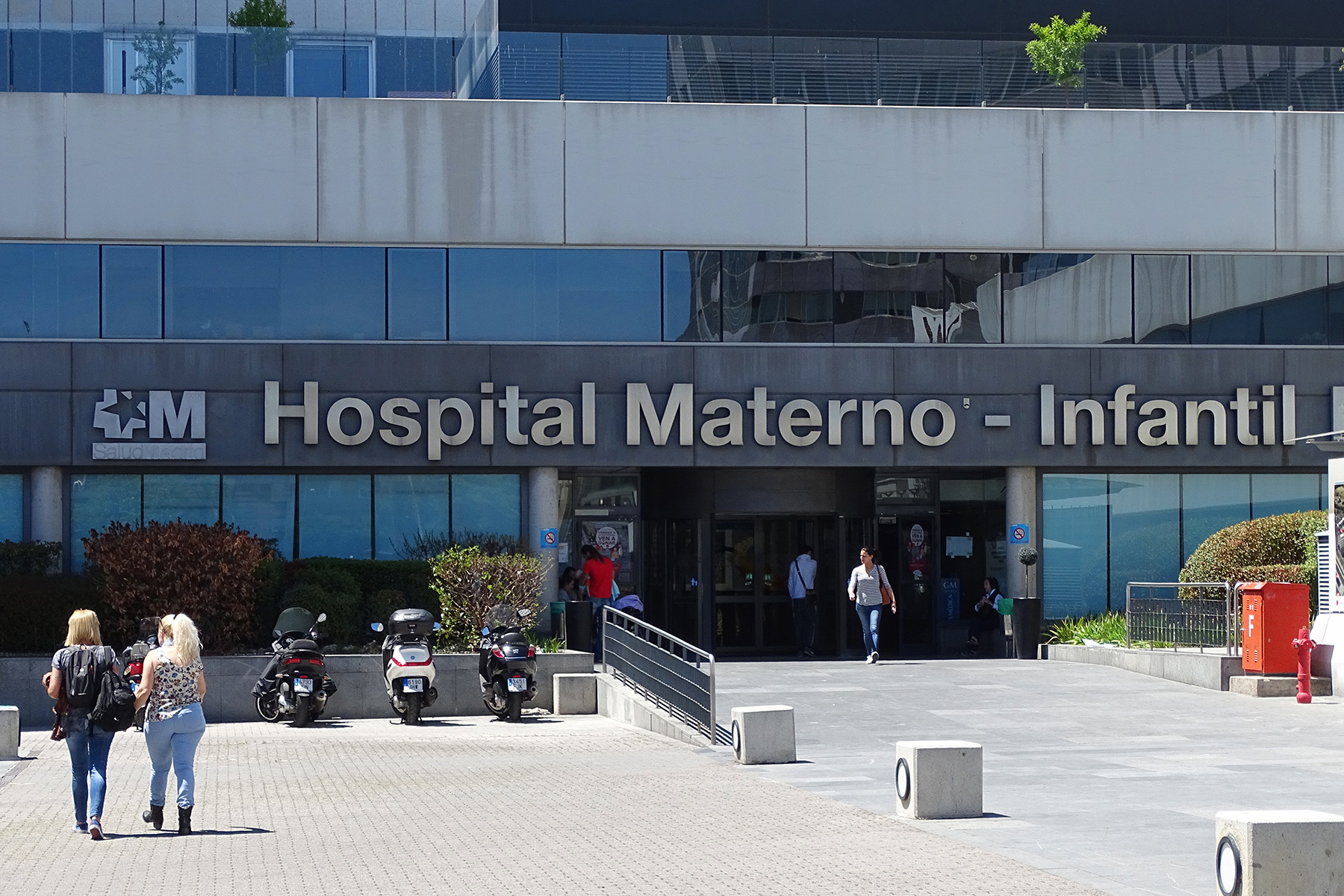
Children’s hospitals in Spain
Most hospitals in Spain – just over 750 in 2022 – have dedicated pediatric units. The country also has several specialist children’s hospitals, including:
- Hospital Sant Joan de Déu in Barcelona
- Hospital Materno-Infantil Vall d’Hebron in Barcelona
- Hospital Infantil Universitario Niño Jesús in Madrid
- Hospital Materno-Infantil Gregario Marañón in Madrid
- Hospital Materno-Infantil La Paz in Madrid
- Hospital Universitario 12 de Octubre in Madrid
Pediatric hospitals are specially equipped to treat young patients. They have pediatric specialists, child-friendly facilities, and staff trained to care for everything from minor injuries to complex conditions in babies, kids, and teens.
Regardless of the treatment, children’s hospital care is free. If your child is staying overnight and you want to stay nearby, you may be eligible for a discounted rate at a Ronald McDonald House.
What treatments are available to children in Spain?
Children in Spain have access to a wide range of healthcare treatments, including the following:
Preventative health programs for children
Like we said earlier, Spanish children are invited for regular check-ups during childhood and early adolescence. These free preventative health services are designed to monitor your child’s growth and development, and provide any necessary vaccinations. Although they are not mandatory, they’re highly recommended, especially during the first six years.

Examinations for babies and toddlers are available at CDIAT or pediatric primary care centers. There are six or seven appointments during the first year, and seven or eight between the ages of 1 and 6.
During these visits, you’ll likely receive the following:
- Support with breastfeeding, weaning, sleeping, and the like
- Routine health checks, including ADOS-2 for autism screening, sight and hearing tests, and growth monitoring
- Parenting advice, including recommendations for preschool
- Childhood vaccinations
If there are any concerns, your child may be referred to Early Intervention (Atención Temprana).
After your child starts school and until the age of 16, there may be another six pediatric appointments. These focus on aspects like emotional well-being, puberty preparation, sexual health education, and self-esteem. Again, these tests are not compulsory, and parents can refuse their child’s participation.
Vaccinations for children in Spain
Children receive free vaccinations against 11–12 infectious diseases, including measles, mumps, rubella, diphtheria, whooping cough, polio, and hepatitis B. Although these vaccines aren’t mandatory, they help protect your child and others against preventable diseases.
Around 91.6% of children in Spain are vaccinated (2024), with the lowest vaccination rates in Catalonia, the Basque Country, Melilla, and Castilla y León.
Once your child is registered with a pediatrician, you will automatically receive an invitation to participate in the vaccination program. If your child began their immunizations outside of Spain, ask your doctor for advice on how to bring their record in line with the national vaccination program.
For more information on vaccines and the national vaccination schedule, visit our guide to vaccinations in Spain.
Children’s dental care in Spain
Children up to the age of 14–15 (or 16 in Madrid and 17 in Catalonia) receive free basic dental care, including check-ups, fillings, fluoride treatments, and tooth extractions. Basic health insurance does not cover braces; parents will need to take out private dental insurance or face large out-of-pocket costs.
Children are usually assigned to a dentist or dental unit that’s linked to their local health center. In some regions, parents are allowed to choose their preferred dentist from an annually updated register.
Mental healthcare for children and teens
Children and young people struggling with their mental health can access support through Child and Adolescent Mental Health Units (Unidades de Salud Mental Infanto-Juvenil). These teams include a range of professionals such as child psychiatrists, psychologists, therapists, nurses, and social workers, all trained to help young people with emotional, behavioral, or developmental challenges, including conditions like anxiety, depression, and ADHD.
In some regions, mental health support is also offered through school-based programs, though these are not available nationwide and vary by autonomous community.

Young people who need someone to talk to confidentially can contact free helplines such as Fundación ANAR at 900 202 010.
If you’re worried about your child’s mental health, your pediatrician is usually the first port of call. They can assess your child’s situation and refer you to the appropriate mental health service. It’s also possible to access private psychologists or therapists directly, though private treatment must be paid for out of pocket (unless covered by private insurance).
Useful resources
- RegCess – official government e-register that lists all doctors and pediatricians in Spain
- Spanish Association of Primary Care Pediatrics (Asociación Española de Pediatría de Atención Primaria – AEPAP) – website with more information about Spain’s preventative health checks for children



